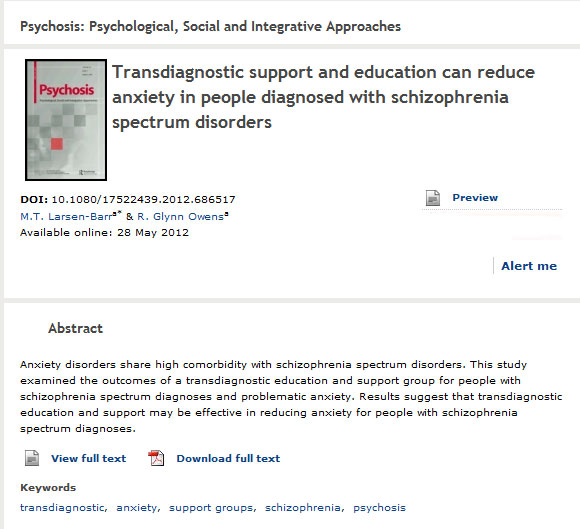| Does Budget 2012 deliver?
Thursday, 24 May 2012, 4:51 pm
Press Release: COMVOICES |
MEDIA RELEASE
For immediate release
24 May 2012
Does Budget 2012 deliver?
ComVoices members, a network of community and voluntary sector organisations, were hoping to see a much greater emphasis on policies that focused on closing the gap between the wealthiest in New Zealand and the numerous families living in poverty right now.
The Government had signaled a willingness to address some ofNew Zealand’s toughest social issues with the 2012 Budget. Making sure that our young people have the skills to succeed, addressingNew Zealand’s shameful imprisonment rates and taking steps to improve fundamental services such as early childhood and primary teaching all illustrate this.
However, overall a zero budget fails to recognise the impact that inequality is having on our communities right now and the long term drag inequality creates in our sector. Dave Henderson, Coordinator for the Association of Non-Governmental Organisations of Aotearoa (ANGOA), said communities needed support to address the marginalisation of low income New Zealanders.
“This budget, combined with the welfare reforms, puts the squeeze on our most vulnerable members of society. To really get results we must tackle the critical issue of inequality, including the horrific impact of child poverty.
Ric Odom, Chair of ComVoices, says that the Government’s focus on a few distinct results was a strong start in refocusing the whole system towards delivering more for New Zealanders. However, to be successful would require a much greater focus on involving community organisations in the delivery of those results.
“The Government’s ‘results’ focus should be a chance to realign the whole system. Simply doing the same thing we have been doing is not going to create real change.”
“Sector organisations have long worked for this approach, but the Government’s results focus will only address our most intractable social issues if the public service truly involves communities and all those that serve in the action plan development and implementation.”
Vanisa Dhiru, Chief Executive of Volunteering New Zealand, said that to achieve the results the Government wants will require a truly collaborative effort between public organisations and communities.
“Targets and action plans will not be effective if they are developed by government agencies behind closed doors with the same people asking the same questions and giving each other the same answers.”
“The public services must be open to grassroots innovation, learning and collaborative opportunities within the community. Doing that will make successful results that much more certain,” Ms Dhiru said.
The Community and Voluntary Sector contributes more than 4.9 per cent of GDP (including volunteer hours), similar to the contribution of the construction industry. Volunteer labour in 2010 was estimated to be 270 million hours, which translates into $3.5 billion. Volunteering is not restricted to the Community Sector. A lot of core central and local government work is also actively supported by volunteers, for example: the Coastguard, Police, Prisons, and Search and Rescue. The Sector is a significant contributor to the social and economic health ofNew Zealand.
ENDS







